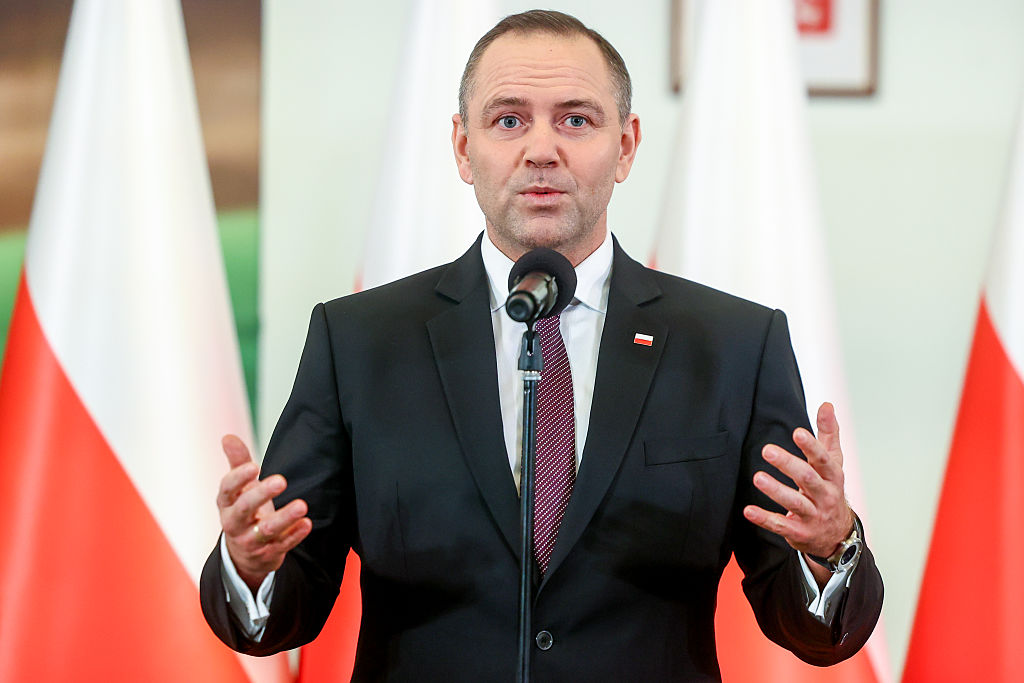Germany eyes EU worker movement restrictions to curb welfare abuse
Easy access to Germany's social safety net has led immigrants from elsewhere in the EU to absue the system, a close ally of Chancellor Friedrich Merz argues

BERLIN – The German government may soon push Brussels to make it tougher for EU citizens to claim social welfare benefits in Germany, according to a close confidant of Chancellor Friedrich Merz.
Carsten Linnemann, the general secretary of the governing Christian Democrat party, told the Bild tabloid that the country needs to fight against “criminal gangs” abusing the social welfare system.
He argued immigrants from elsewhere in the EU come to Germany, work only a few hours a week and immediately access relatively generous top-up benefits for low earners.
“The concept of ‘employee’ must be redefined at the EU level. It should not be possible to work a few hours and supplement the rest, even though you are able to work full-time,“ Linnemann told Bild in an interview published on Sunday.
He called a relatively low threshold to qualify for benefits in Germany “a glaring regulatory loophole that is just begging to be exploited”.
EU free movement rules allow all EU citizens to live and work in any country in the bloc – and also guarantee equal access to work-related social benefits like health insurance and unemployment payments.
A reform of Germany’s basic welfare benefits, known as Bürgergeld or “citizens’ income”, was a top campaign issue for Merz and his Christian Democrats prior to the federal elections in February.
The chancellor, Linnemann and others have argued that the current structure of the benefits does not provide enough incentive to work – and breed resentment from other Germans in low-wage jobs that don’t pay much more.
Last week, Merz argued that major changes to the welfare system are needed as part of his promised “autumn of reforms” aimed at rejuvenating the country’s stagnant economy.
“It is not about making life even more difficult for people who are unable to work – but we want everyone who is able to work to actually work,” Merz told parliament on Wednesday. “That, too, is a question of fairness.”
In 2022, Merz also stirred controversy by criticising Ukrainian refugees for claiming the benefits, after the German government waived a rule to make refugees fleeing the Russian invasion immediately eligible. Merz, then opposition leader, claimed that many Ukrainians were engaged in “welfare tourism”, drawing long-term unemployment benefits in Germany while travelling back and forth to their homeland.
Welfare reforms backed by Merz, Linnemann and other conservatives have some limited support from the centre-left Social Democrats, the junior partners in the coalition. But other parties on the left have denounced the reforms.
During parliamentary debate last week, the Left’s Heidi Reichinnek denounced the slate of welfare reforms as “an autumn of social cruelty” driven by “hatred of the poor”. The Green Party’s Katharina Dröge, meanwhile, called them a “distraction” from Merz policies aimed to help the rich: “The majority has to tighten their belts, while a few on top get money.”
(vib)









